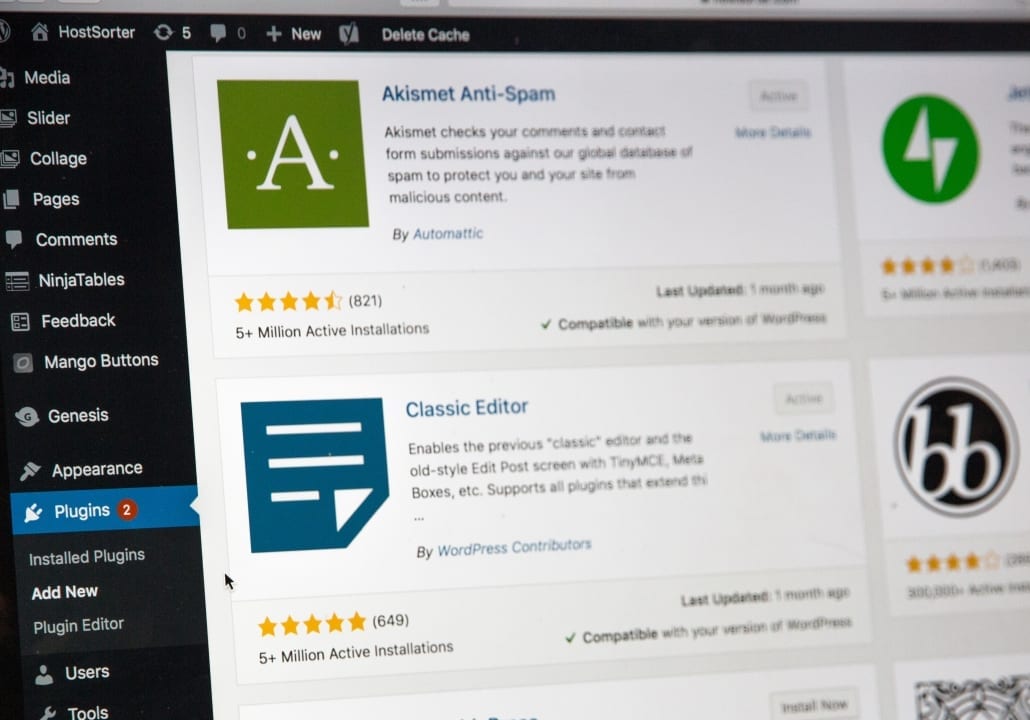Five Methods for Making Your Startup Business Look More Professional

Here are five key and simple methods to promote more of a professional image for your business.
1. Create a Business Email Address
If you’re an entrepreneur who is working at home or from a personal location without a team of staff, chances are you’re using a lot of your current personal information to get things moving, which might include your own personal email address.
Even if your personal email address is nondescript, such as just your name, it still reveals what it is: that you’re a startup using personal information.
Instead, form a new business email address as soon as you can, ideally one which includes the business name or something generic such as ‘contact@businessname’. It’s a simple task, but it can make your correspondence seem significantly more professional.
2. Design an Impressive Website
When researching a new business or product, most people turn to an official website first. Your business can be judged within a matter of seconds based on what your website has to offer and how it appears. A professional website could be the difference between a visitor remaining and browsing, or clicking the exit button straight away.
First impressions count, especially for a start up business, so you need the first impression of your website to be an excellent one. If you’re unsure where to start, you can consult with professional web design in Lichfield and have experts help you develop it. Alternatively, you can outsource your entire website build to a website development company.
3. Get a Separate Business Line
This means either a direct landline for your business, or having your current cell phone number fitted with a second line. This means that you can answer business-related calls professionally with a formal greeting, and keep your personal calls separate with an informal ‘hello’. To answer a business call informally can make you seem unprofessional.
4. Keep on Top of Invoicing and Payments
Correct and prompt invoicing simply screams professionalism. Invoices which are missed or incorrect will make your accounting system seem undependable and shoddy. It can be difficult to keep on top of accounting when you’re a startup, especially if you are doing everything else and finance isn’t your forte, but it’s important to set up a system which works for you. Scheduling and reminders will be a huge help, and you can easily download invoice templates to fill out accordingly.
This can also help you to keep on track with payments owed to you, to ensure that clients don’t try to delay payment or ignore them entirely.
5. Create a Social Media Presence
After checking out your business website, the next port of call for consumers will be your social media profiles. If you don’t have any, this can seem strange within the current online climate.
Even if you create a very basic, professional profile on each social media platform, it still shows that you’re present online and that you care about getting involved with social media. You can always add to and build your profiles later.




